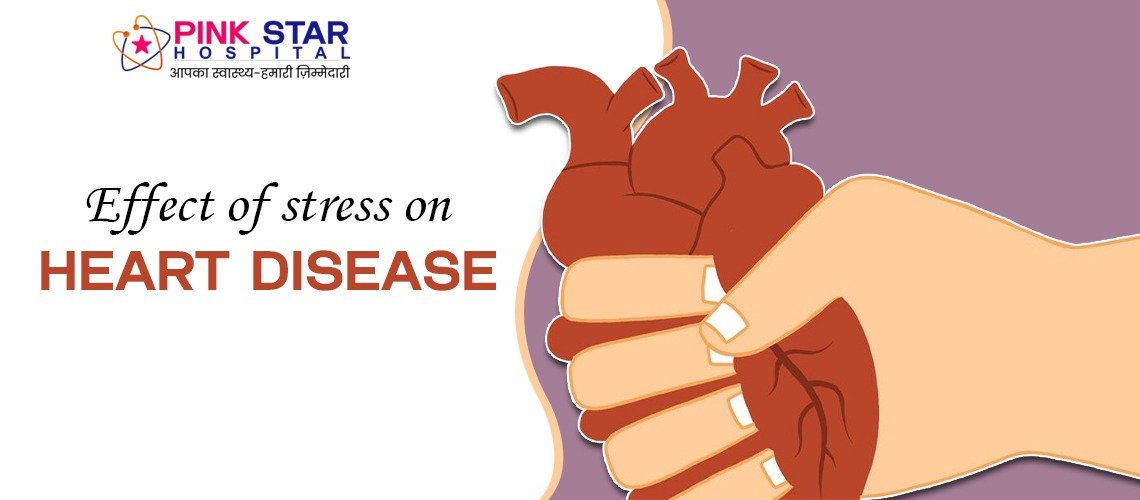Effect of stress on Heart Disease
Stress is an unavoidable part of modern life, stemming from various sources like work, relationships, financial concerns, or health issues. While a certain amount of stress can motivate individuals to accomplish tasks, excessive stress can negatively impact both physical and mental health, particularly heart health.
Heart disease encompasses a range of conditions affecting the heart, including coronary artery disease, heart failure, and arrhythmia. Atherosclerosis, the buildup of plaque inside the arteries, is a leading cause of heart disease. This condition narrows and hardens the arteries, potentially leading to heart attacks or strokes. Chronic stress is increasingly recognized as a significant contributor to heart disease.
Stress affects the heart in several ways. It triggers physiological changes, such as increased heart rate and blood pressure, which prepare the body for the “fight or flight” response. While this response can be beneficial in short-term survival situations, chronic activation can strain the heart and lead to long-term cardiovascular problems. Additionally, stress can lead to unhealthy behaviors like overeating, smoking, and physical inactivity, which further increase heart disease risk.
Stress promotes the development of other risk factors for heart disease, such as high blood pressure, high cholesterol, and obesity. Stress hormones like cortisol and adrenaline can constrict blood vessels and elevate blood pressure. This increased pressure can damage blood vessel walls and encourage plaque buildup. Moreover, chronic stress often results in poor eating habits and lack of exercise, contributing to high cholesterol and obesity, which further elevate heart disease risk.
Another way stress impacts heart health is through inflammation. Chronic stress triggers an immune response that leads to widespread inflammation. This inflammation can damage arterial walls, contributing to plaque accumulation and a higher risk of heart disease. Elevated levels of inflammatory markers, such as C-reactive protein (CRP), are associated with increased heart disease risk, and chronic stress has been shown to raise CRP levels.
Despite these negative effects, stress can be managed to reduce heart disease risk. Effective stress management techniques include regular exercise, relaxation methods such as meditation or yoga, seeking social support, and practicing time management. Exercise helps lower stress and enhances heart health, while relaxation techniques like deep breathing or mindfulness promote relaxation. Support from family and friends alleviates stress and fosters a sense of belonging, and time management strategies, such as setting realistic goals and prioritizing tasks, help maintain a sense of control.
In summary, stress can significantly impact heart health by increasing risk factors like high blood pressure, high cholesterol, and obesity, and by triggering inflammation. Managing stress through healthy coping strategies can reduce the risk of heart disease and contribute to a healthier, more balanced life.

